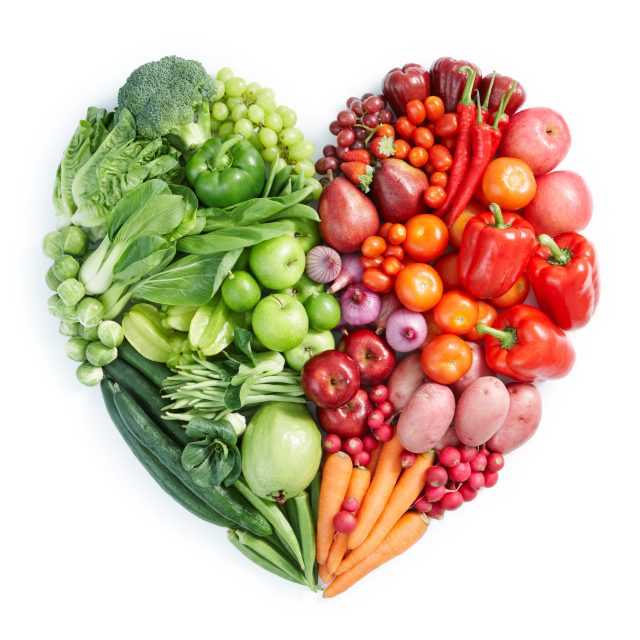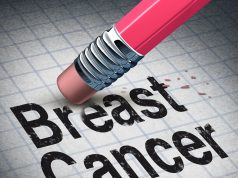A U.S. study reports that if breast cancer patients follow a low-fat diet infused with heavy intake of fruits, vegetables, and whole grains, they may have a better chance of survival.
A total of 19,541 participants were part of the study that was funded by the Women’s Health Initiative (WHI). These participants were randomly selected to be part of a dietary experiment centered on limiting fat intake to 20% calories. Data gathered from a group of 29,294 women in the WHI study who didn’t change anything in their diets were also looked into by the researchers.
As the researchers track half of the women for eight and a half years, 1,764 of the participants had been diagnosed with breast cancer. Ten years after their diagnosis, 82% of the breast cancer patients that were on the low-fat diet were still alive, compared to the 78% in the control group.
For the participants on a low-fat diet, this resulted into a 22% lower death risk during the study. These women didn’t commonly succeed at decreasing their fat consumption by the amount suggested in the diet study.
This study’s lead author Dr. Rowan Chlebowski of City of Hope National Medical Center in Duarte, California shared that decades ago, comparing the differences in fat intake resulted in a finding that countries with higher fat intake like the U.S. and most of Western Europe had higher breast cancer mortality. However, observational studies after that had inconsistent results. This dietary experiment by the WHI is the only full-scale randomized trial that is tackling this issue.
The main objective of the diet experiment was to encourage women to change and improve their eating habits and not just to count their calorie intake or lose weight. These women with low-fat diets had a series of individual and group sessions with certified nutritionists over the course of one year in the program, followed by group sessions four times a year for the rest of the experiment.
After a year, women in the diet group got approximately 24% of their calories from fat while the other participants got 35% fat. Even though the goal wasn’t to lose weight, women in the diet group lost about 4.9 pounds (2.2 kilograms) compared to the other participants.
During the course of the experiment, 671 participants from the diet group and 1,093 who didn’t modify their eating habits were diagnosed with breast cancer. The possibility that it was due to chance was ruled out because of the small difference.
Women on the low-fat diet were less likely to get diagnosed with some hard-to-treat tumors. One of the limitations of the study is that the researchers were dependent on the women to precisely describe their eating habits in questionnaires. Another one is that the participants in the diet group were only able to minimally increase their intake of vegetables, fruits, and whole grains.
A researcher (not part of the study) at Washington University School of Medicine in St. Louis, Missouri, Dr. Graham Colditz, explained that the differences in cancer survival odds might be expounded by the possibility that weight rather than the fat content of the diet, since the women in the low-fat diet group did lose some weight compared to the other participants.
The most important part of the diet to lower breast cancer risk is to keep the calorie intake in check. Obesity and weight gain pose an important risk factor for postmenopausal breast cancer and twelve other cancers.
There is no concluded evidence yet that the total fat intake influences breast cancer risk. However, there is a developing evidence that suggests that the type of fat could also be vital; with diets rich in monounsaturated fats and polyunsaturated fats, and those higher in animal fats and saturated fats possibly intensifying risk.




























